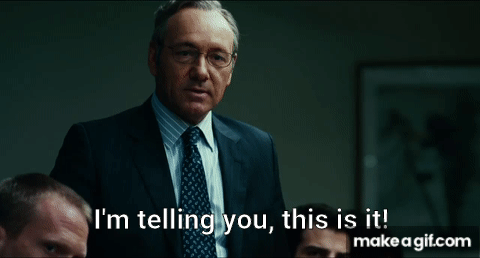The Skillfulness of Stillness
Buffett: “If I were on Wall Street, I’d probably be a lot poorer. You get overstimulated. You hear lots of things. You may shorten your focus and a short focus is not conducive to long profits.”
This past Friday, I hopped on a train to the Zen Mountain Monastery in upstate New York. I had tried to publish this piece by that morning but it wasn’t ready. As soon as I boarded the train, I felt a wave of relief: new ideas spilled out of me and I started to edit the piece in my mind. I find these creative bursts happen reliably during travel. I guess that travel offers a unique combination of stillness and motion: I am both walking (boosts creativity) and in stillness on a train, plane, or while waiting to board.
After writing about the value of stillness and listening to move out of stuckness, I started seeing this idea all around me. For example, my friend Tom Morgan gave a must-watch talk about following your curiosity at Ira Sohn. I wholeheartedly agree with Tom, but I worry that the wasteland cuts us off from the subtle yet crucial guidance beyond the rational mind — including curiosity, intuition, awareness of synchronicities, and the creative force of the unconscious (what Cormack McCarthy called the night shift). I worry that we are not only choosing not to follow our curiosity but that we no longer even hear its voice.
This is not an abstract idea either. I wrote about focus, the last superpower, and its duality: choosing what to focus on and remaining focused on it. The ability to stay focused is being challenged by what Ted Gioia called dopamine culture. But the wasteland of noise and distraction equally threatens our ability to wisely choose what to focus on — not just in life but in markets, too.
If you want to hit ‘fat pitches’ like Warren Buffett, you must both spot them and have the mental bandwidth to recognize their importance and prioritize them over all other work. Careers come down to a few of those crucial moments (say Scott Shleifer and Chase Coleman betting on Chinese internet stocks during the dotcom bust or David Tepper finding stillness in the vortex of the financial crisis).
Margin Call’s John Tuld, echoing Citi’s Chuck Prince, best captured the importance of listening at crucial moments:
I'm here for one reason and one reason alone. I'm here to guess what the music might do a week, a month, a year from now. That's it. Nothing more. And standing here tonight, I'm afraid that I don't hear a thing. Just... silence. — John Tuld
I believe a return to stillness saved Stanley Druckenmiller’s track record. After blowing up in early 2000, he vacationed in Florida and returned later in the year to work with his head cleared and body rested. Now he could see the next fat pitch in front of him, the coming US recession which the markets had not yet priced in.
George Soros likewise emphasized his need for leisure time and warned his friend Byron Wien not to get stuck in busywork: “The trouble with you [Byron] is that you go to work every day and you think that because you go to work every day, you should do something. And you do something every day and you don't realize when it's a special day.”
In a similar vein, one of Richard Rainwater’s proteges noted that Rainwater “began each day with a perfectly clean desk, nothing on it but a yellow legal pad, a felt-tip pen, and a pair of speakerphones.”
But we are constantly tempted to do the opposite.
The Art of Alchemy is a reader-supported publication. Become a paid subscriber to go deeper and read full posts.




